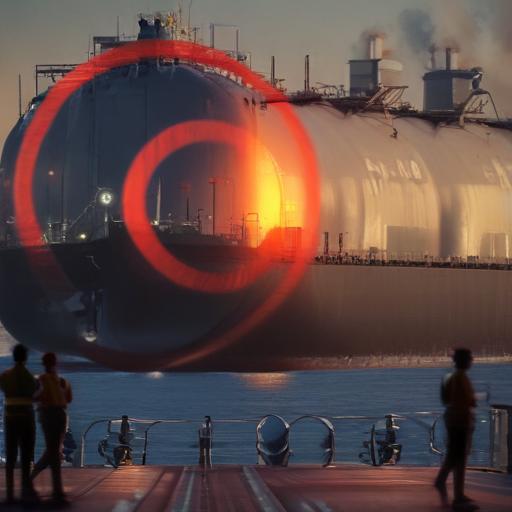France and Belgium have expressed hesitancy towards an EU Commission proposal aimed at prohibiting Russian liquefied natural gas (LNG) imports by 2027. Both countries seek a deeper understanding of the potential legal and economic ramifications of such a ban before committing to it. France, which has already started diversifying its energy sources, is currently replacing Russian gas with imports from Qatar, according to Energy Minister Marc Ferracci.
Belgium is similarly cautious, with Energy Minister Mathieu Bihet calling for a thorough economic impact assessment from the EU Commission before formalizing its stance. Belgium is currently committed to receiving Russian LNG until 2035 and will evaluate the implications of the proposed measures on its LNG infrastructure.
Contrastingly, Spain and the Netherlands have indicated their support for legislation aimed at ending contracts with Russia, advocating for a ban on short-term purchases this year and long-term contracts by 2027. Despite this inclination, Spain remains bound by a long-term contract with Russia’s Novatek, valid until 2042, while the Netherlands has a similar agreement with TotalEnergies set to expire in 2032.
The EU’s recent strategy aims to eliminate reliance on Russian gas, having already seen a decline in imports from 45% to 19% between 2022 and 2024, following the geopolitical upheaval created by Russia’s invasion of Ukraine. Nevertheless, there is concern about a resurgence in Russian gas imports in 2024, which has prompted the EU to lay out a roadmap to ensure energy stability across member nations while gradually reducing dependency on Russian resources.
As the situation unfolds, clarity on the legal and economic effects of these energy transition plans will be crucial for member states. The EU Commission is preparing a comprehensive impact analysis to facilitate informed decisions among all parties involved. The shifting dynamics of energy supply highlight the growing importance of alternative sources, notably the United States, which has become the EU’s top LNG supplier post-2022.
